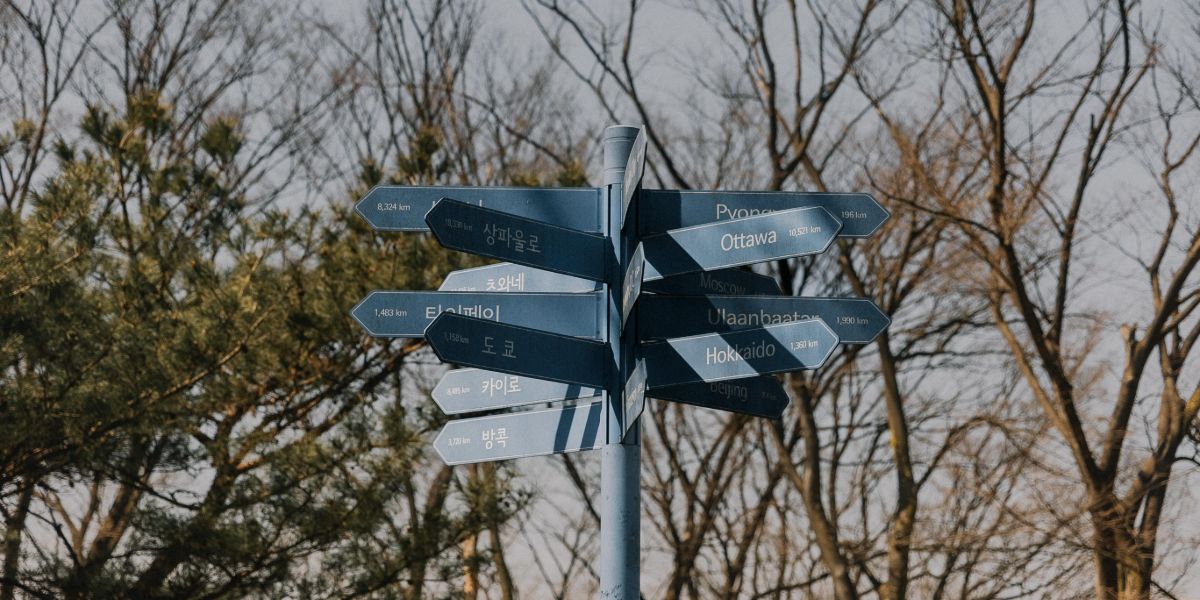Beech Street Substance Abuse Treatment Options
Beech Street offers comprehensive substance abuse treatment options, including detox, inpatient rehab, outpatient programs, and medication-assisted treatment to support recovery.
Luxury Rehabs in Los Angeles that Accept Beech Street Insurance
Discover top luxury rehab centers in California that accept Beech Street insurance, including Carrara’s premier locations in Los Angeles, Hollywood Hills, and Malibu. Explore world-class treatment, holistic therapies, and five-star amenities with verified insurance support
Beech Street’s recommendation for getting help for substance disorders.
Discover how Beech Street insurance supports comprehensive addiction treatment in California. Learn about covered therapies, rehab access steps, outpatient options, and luxury care at Carrara Treatment.
Beacon Insurance’s Recommendation for Getting Help for Substance Disorders
Discover Beacon Health's approach to substance use disorder treatment. Learn about coverage options, outpatient programs, and luxury rehabs in California that accept Beacon insurance, including Carrara Treatment.
Luxury Rehabs In California That Accepts Beacon Health Insurance
Discover top luxury rehab centers in California accepting Beacon Health Insurance, offering premium care, serene locations, and personalized treatment plans for recovery.
Beacon Healt Insurance Substance Abuse Treatment Options
Discover substance abuse treatments covered by Beacon Health, including detox, inpatient, outpatient, MAT, and support services for comprehensive recovery.
PHCS Insurance Substance Abuse Treatment Options
Discover substance abuse treatment options covered by PHCS Insurance, including detox, inpatient rehab, outpatient programs, and medication-assisted treatment for comprehensive recovery support.
Luxury Rehabs in Los Angeles that Accept PHCS Insurance
Discover luxury rehabs in Los Angeles that accept PHCS insurance, offering high-end addiction treatment, holistic therapies, and personalized care in serene settings.
PHSC’s recommendation for getting help for substance disorders.
Comprehensive substance use disorder treatment at PHSC includes holistic care, evidence-based therapies, and personalized recovery plans for long-term success.
Cigna Substance Abuse Treatment Options
Discover the substance abuse treatments Cigna covers, including inpatient, outpatient, detox, and medication-assisted programs tailored to support recovery.










